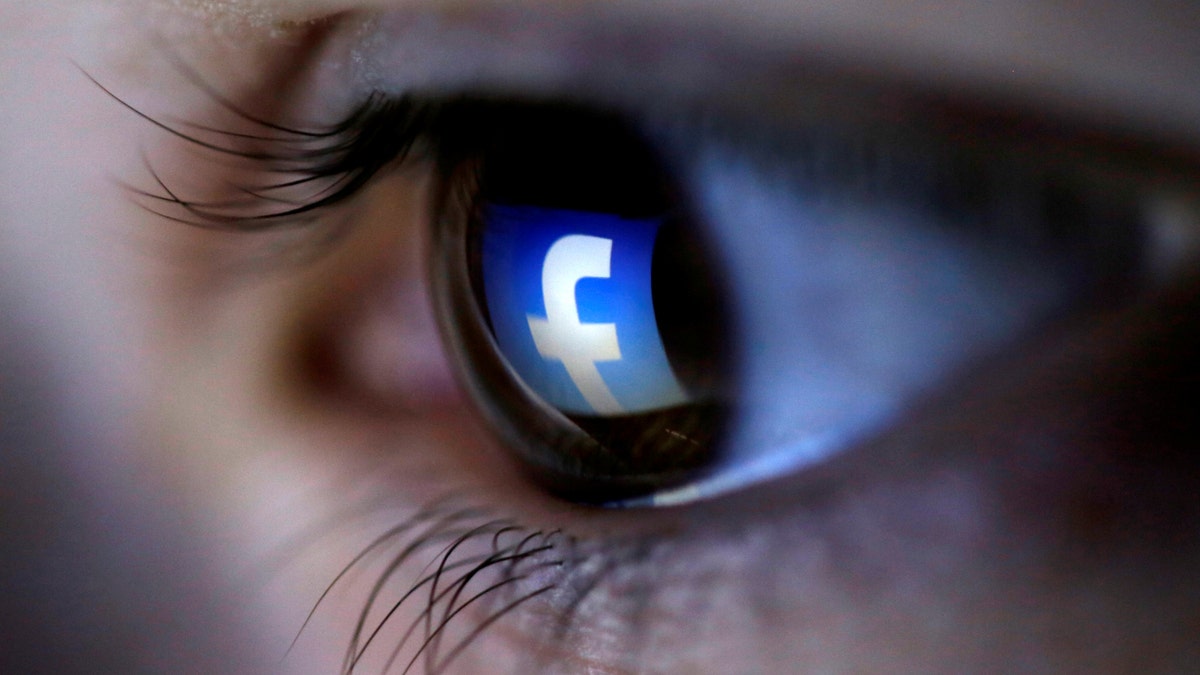
FILE PHOTO: A picture illustration shows a Facebook logo reflected in a person's eye, in Zenica, March 13, 2015. REUTERS/Dado Ruvic/Illustration/File Photo - RC180D53B7F0 (Reuters)
A US congressman is pushing Facebook and Google to consider cracking down on anti-vaccination content circulating over their platforms.
On Thursday, US rep. Adam Schiff (D-Calif.) sent a letter to both companies, urging them to take action against "misinformation" from the anti-vaxxer movement. He's worried that Google and Facebook have been pushing the controversial content to parents through search results and video recommendations.
"The algorithms which power these services are not designed to distinguish quality information from misinformation or misleading information, and the consequences of that are particularly troubling for public health issues," Schiff writes in his letter, noting the recent measels outbreak in Washington state.
Schiff sent the letter after The Guardian published a story on how anti-vaccination content can spread over the internet with the help of Facebook, and Google's YouTube service. On Facebook, for instance, you can easily find anti-vaxxer groups with a simple search.
More From PCmag
Schiff is concerned people will also search the same platforms for advice on getting vaccinations for their children only to be served up scientifically inaccurate claims. "If a concerned parent consistently sees information in their YouTube recommendations that casts doubt on the safety or efficacy of vaccines, it could cause them to disregard the advice of their children's physicians and public health experts," the congressman added.
In his letter, Schiff frames the whole issue as a public health concern. But companies such as Google and Facebook have had to balance fighting misinformation with protecting free speech. This was underscored last year when both companies faced criticism for acting too slow to remove videos from conspiracy theorist Alex Jones and his controversial show Infowars. When Jones' content was finally pulled, other critics, particularly conservative commentators, accused Facebook and YouTube of practicing online censorship.
Schiff's letter doesn't explicitly call for Google and Facebook to shut down the anti-vaxxer content, but it does seek to pressure both companies into addressing what the congressman calls a "growing problem." His letter goes on to request that both companies supply information on their current approach to stopping misinformation related to vaccinations. Schiff also wants to know if providing a platform for medically inaccurate information violates either company's terms or service.
YouTube declined to comment on Schiff's letter. But the video-sharing site told PCMag it's tweaking the company's recommendation system to promote fewer conspiracy videos and other "borderline" content. In addition, YouTube has been refining its search algorithms to surface more video clips from credible sources.
Facebook said it's taken steps to reduce the distribution of health-related misinformation over the platform, but added, "we know we have more to do."
"We're currently working on additional changes that we'll be announcing soon," the company said in its email.
This article originally appeared on PCMag.com.








































